For journalist, political scientist, and avid photographer Omneya El Naggar, excursions into historical, cultural, and natural corners with her camera is an essential part of life in Egypt. Whether in her hometown of Alexandria, Cairo, or other less populated destinations, El Naggar finds joy in capturing the beauty and historical significance of Egypt’s greatest treasures.
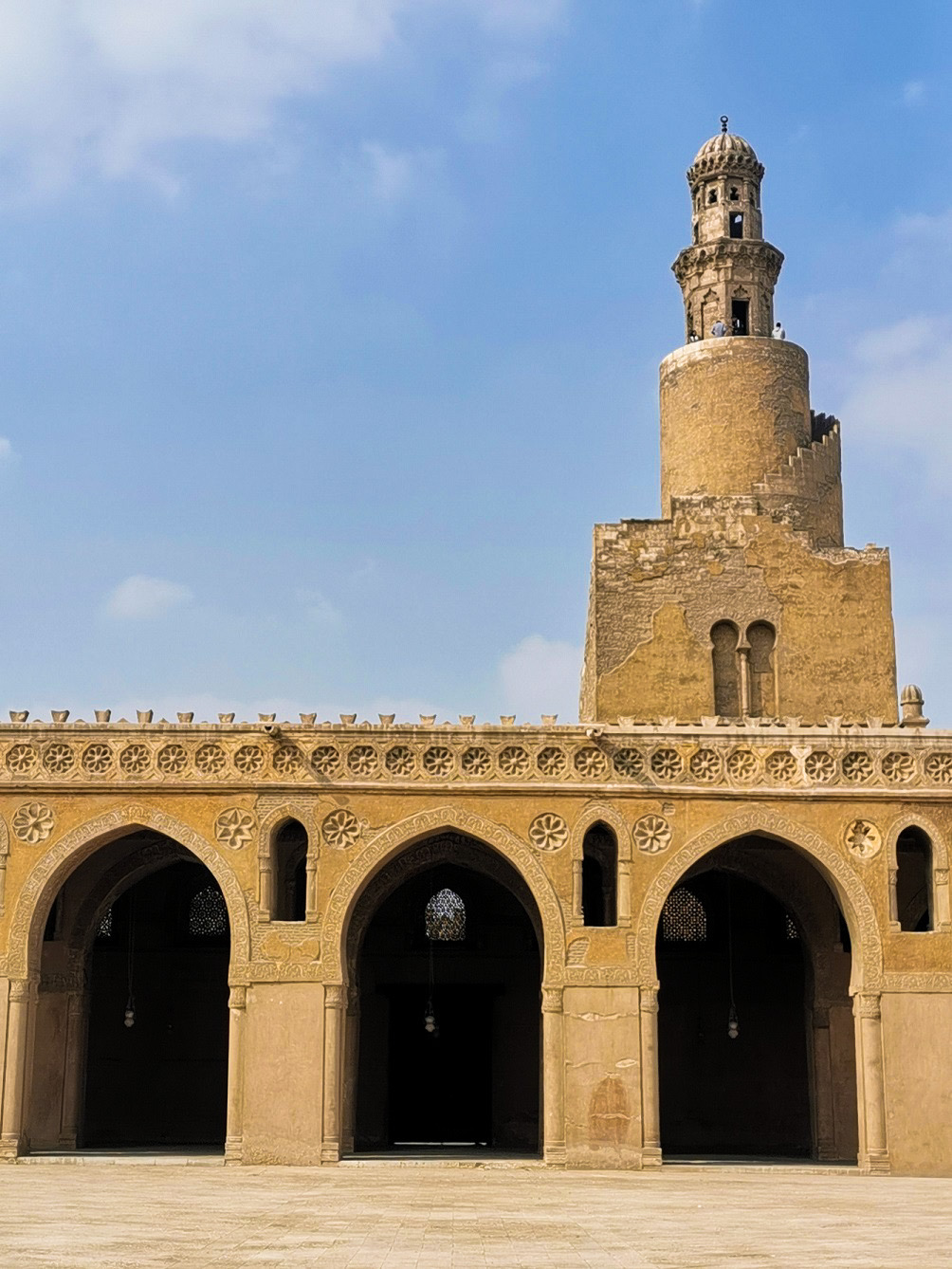
El Naggar’s love for Ibn Tulun Mosque – one of the oldest Islamic monuments in Egypt – is evident from the collection of photos she took in one of her latest excursions, as well as from the detailed descriptions she gave Egyptian Streets of the mosques history and architecture. The mosque is the last relic of the Tulunid Dynasty, which ruled Egypt between 868 and 905 AD.
Built over 6.25 acrees on the hill known as Jabal Yashkur and inaugurated in 880 AD, the mosque is one of Egypt’s largest.
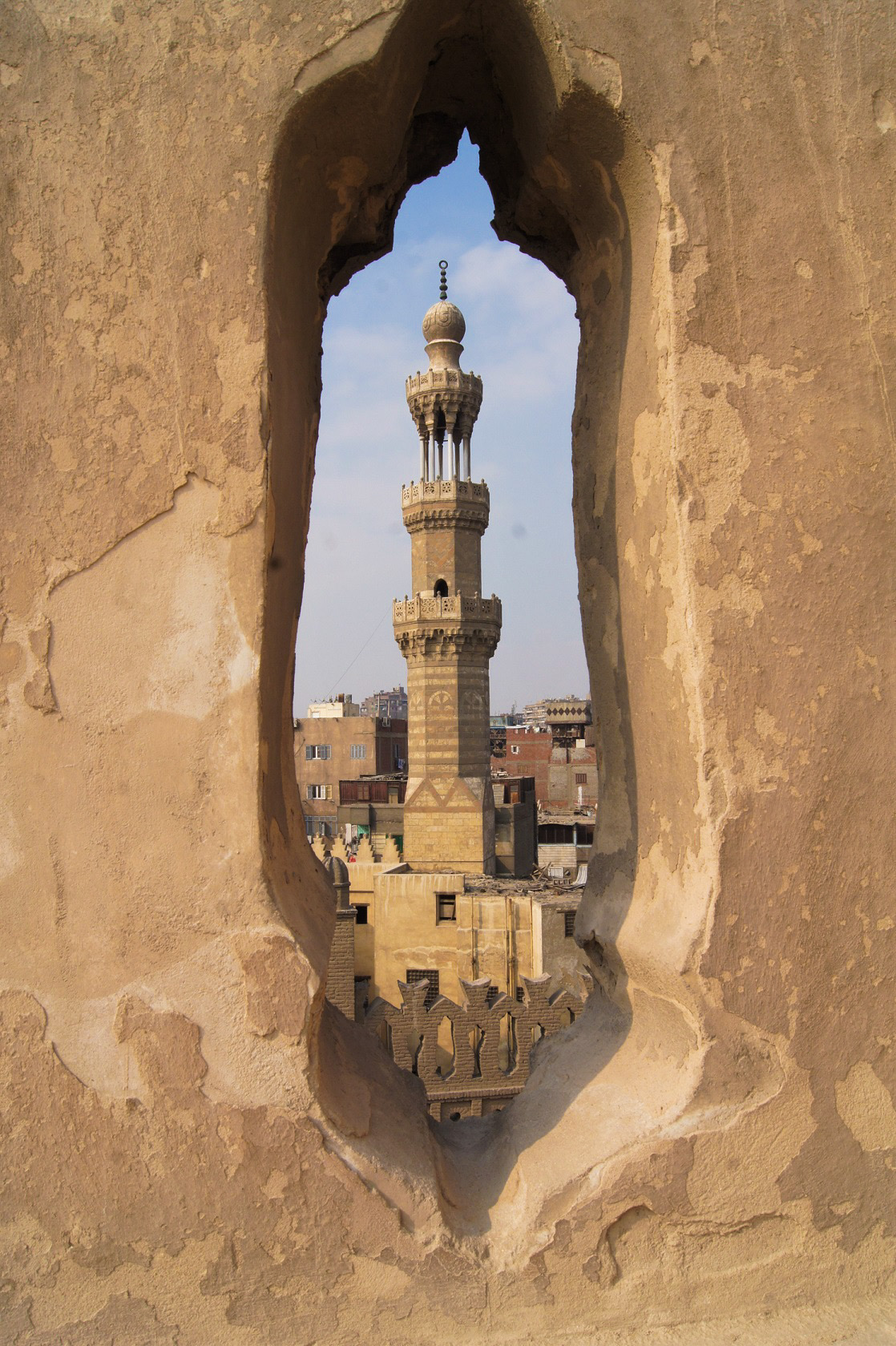
The Tulunid Dynasty was established when Abbasid Caliph al-Mu’tazz appointed Bakbak al-Turki as the governor (wali) of Egypt, but the latter delegated the job to his son-in-law Ahmed ibn Tulun, a slave-soldier of Turkic origin. Not long after, Ibn Tulun’s ambition led him to achieve independence from the Abbasids.
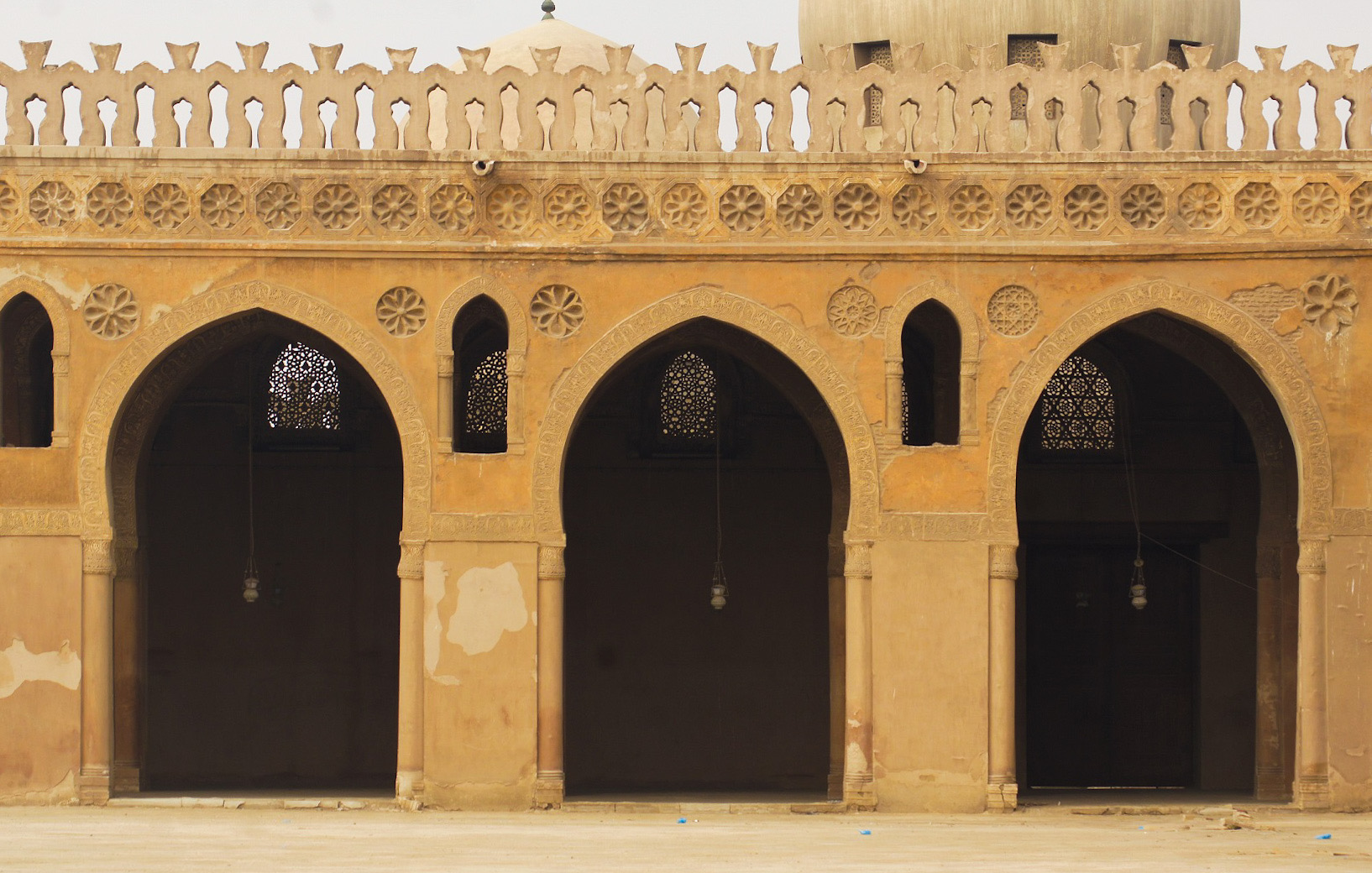
Intent on fighting the risk of fire damage, Ibn Tulun built the mosque with red bricks. The saha, or central courtyard, holds the ablution fountain and is surrounded by four iwans, or porticoes. The largest of those is the eastern iwan of qibla, marking the direction of Mecca, which has five beautifully decorated arcades.
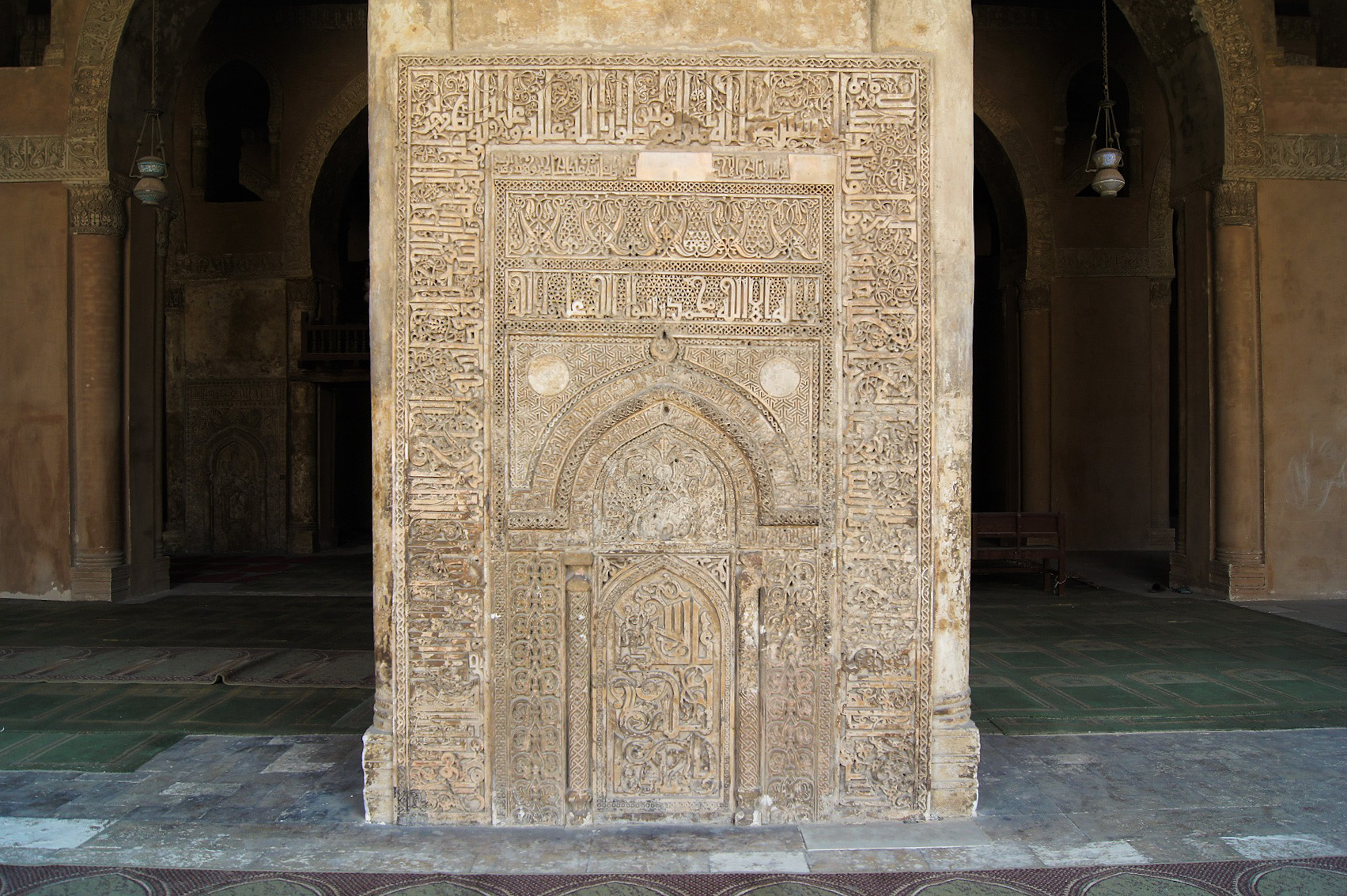
Unique in Egypt, the minaret’s spiral form and outer staircase follows the model of the Grand Mosque of Samarra in Iraq. The mosque has 19 wooden doors and 128 pierced-stucco, arched windows. Each window has its unique design. Beautiful stucco decorations ornament the edges of the arches and windows, using geometric lines and leafy designs.
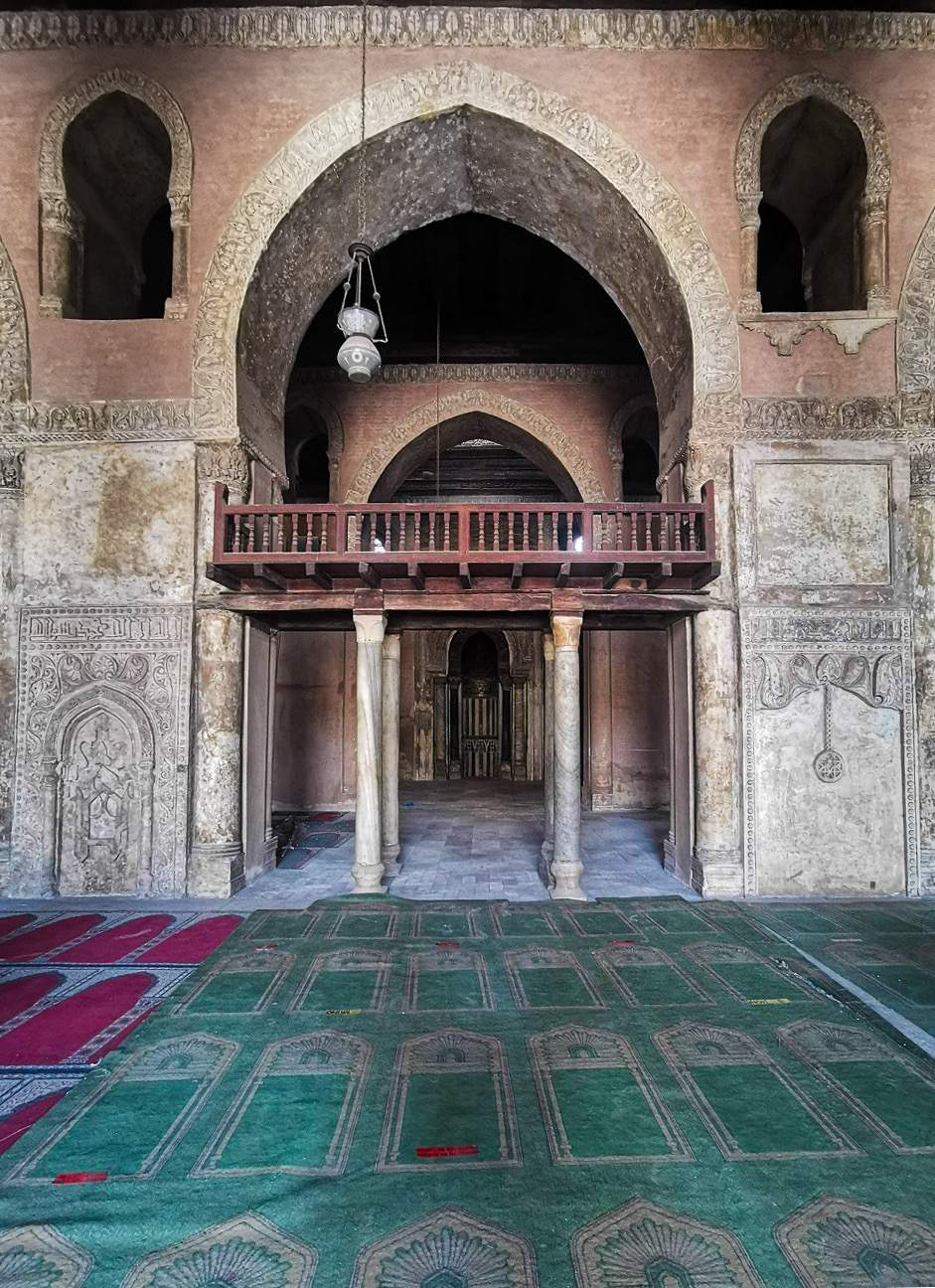
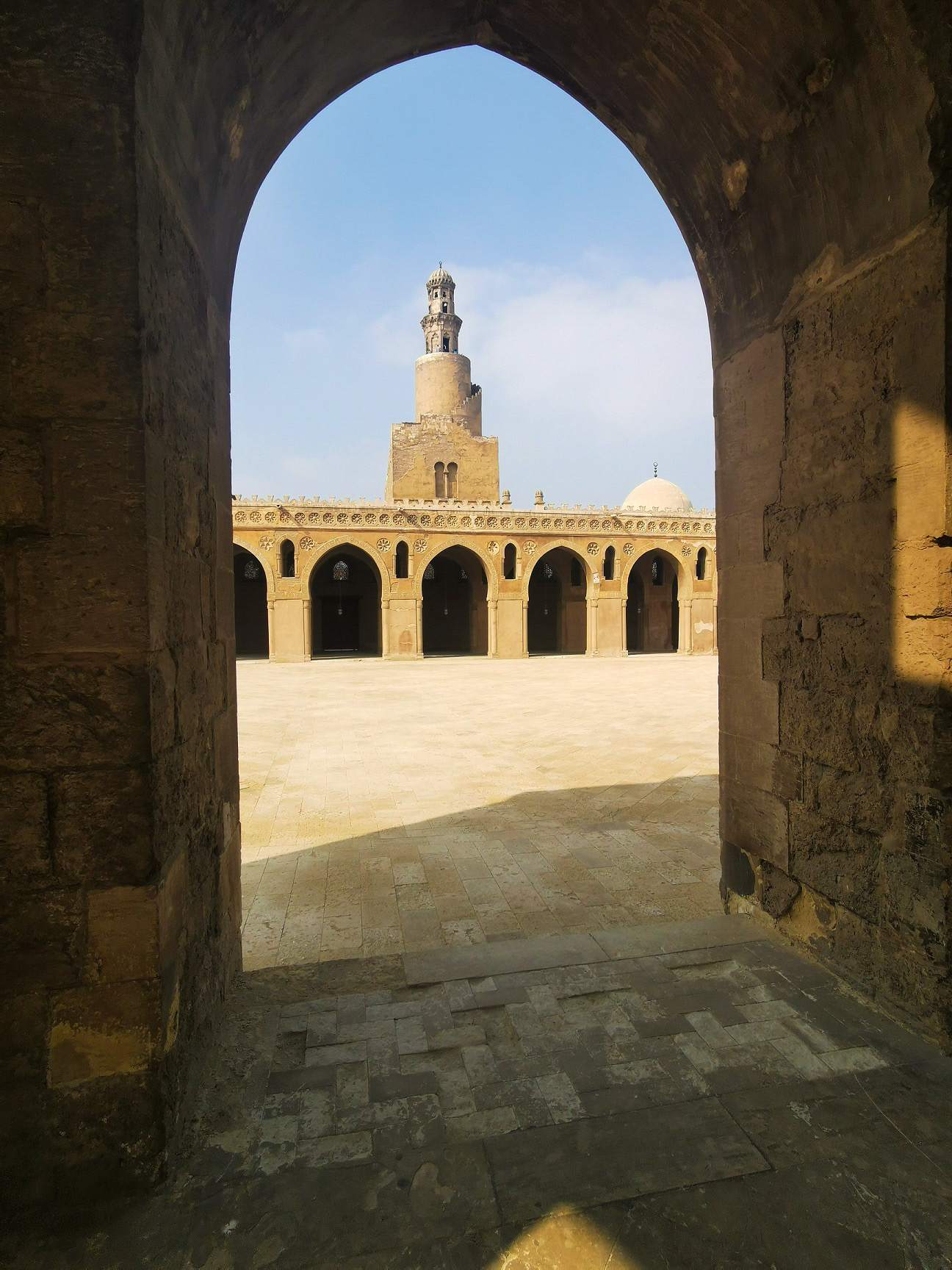

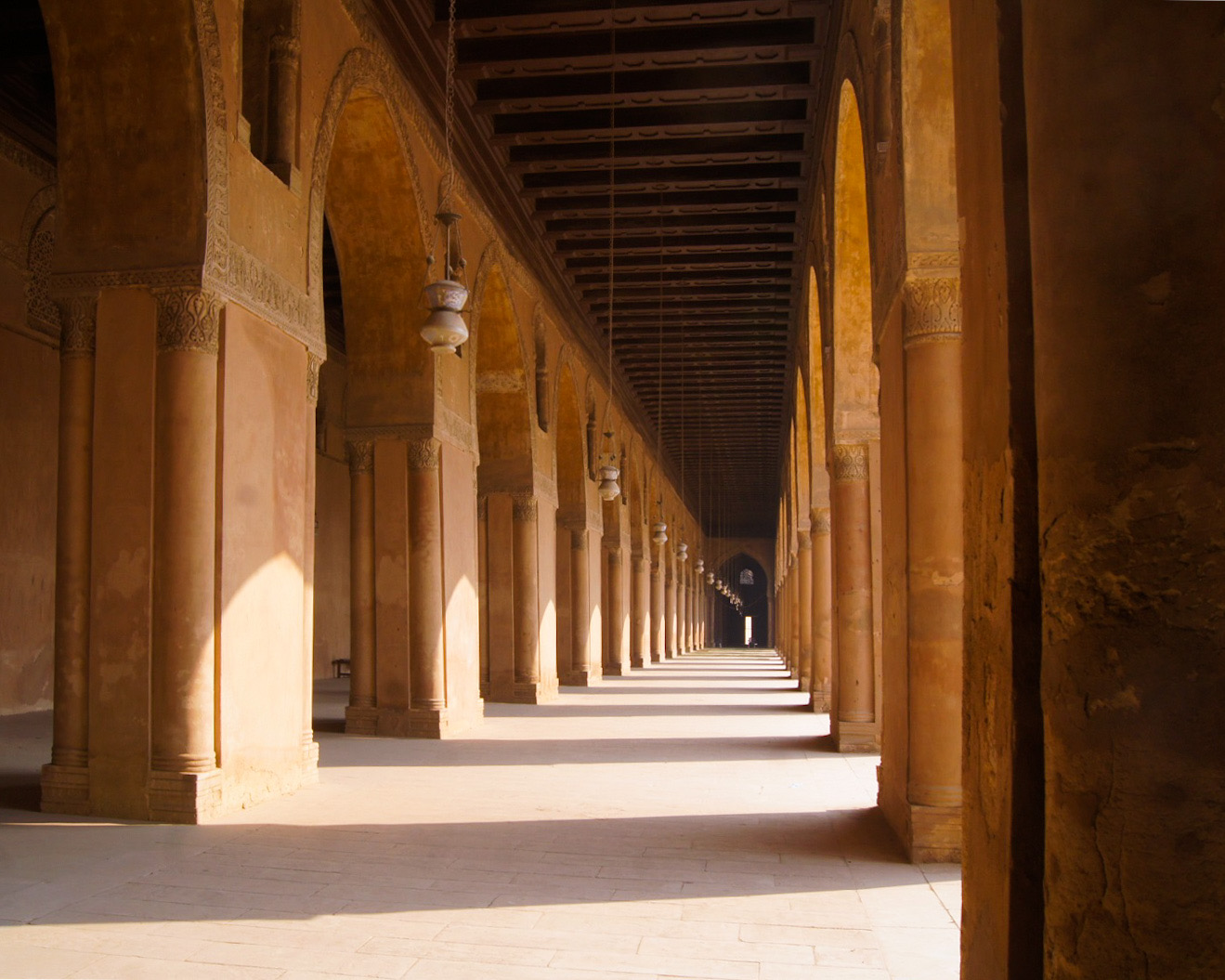
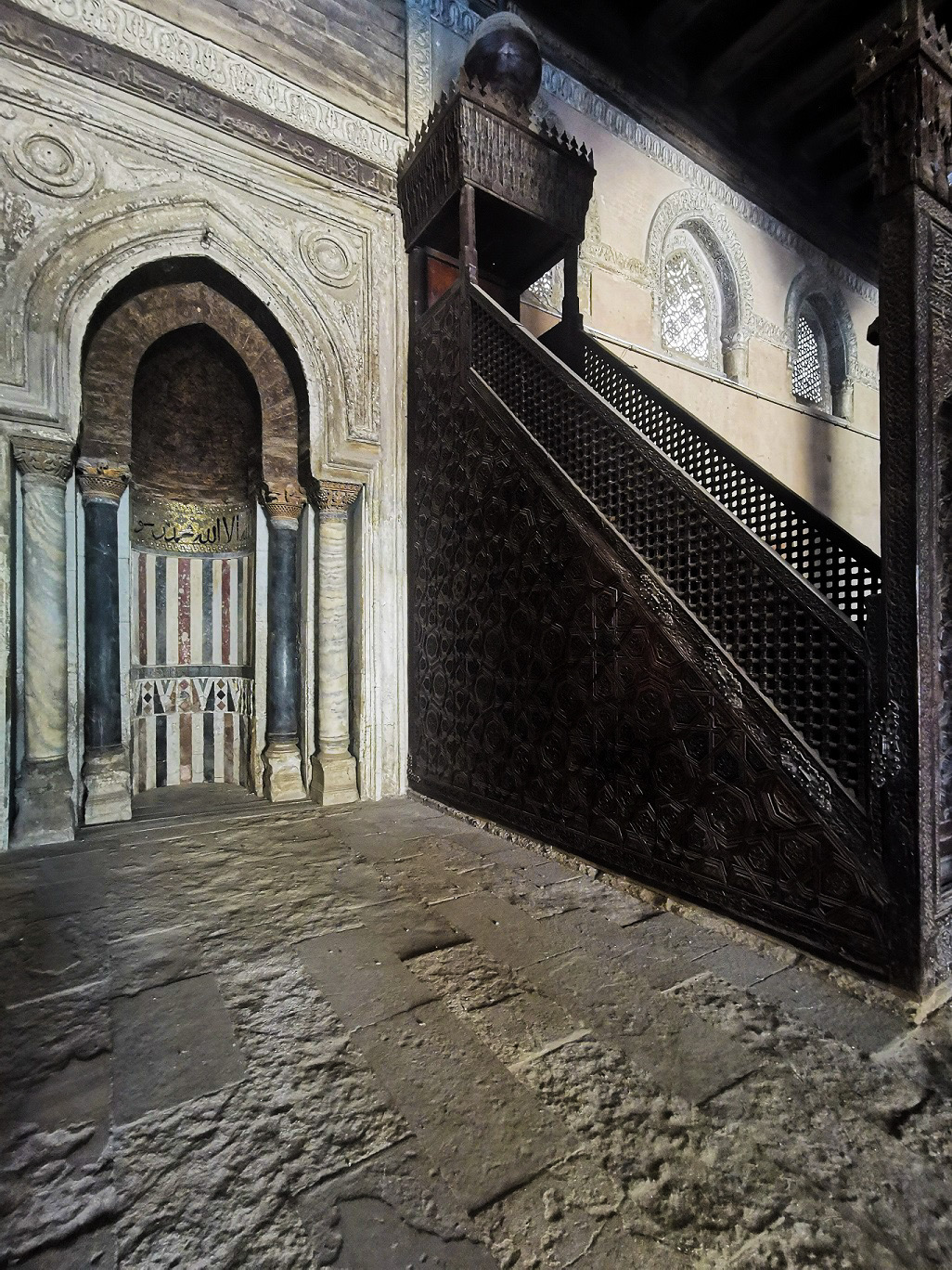
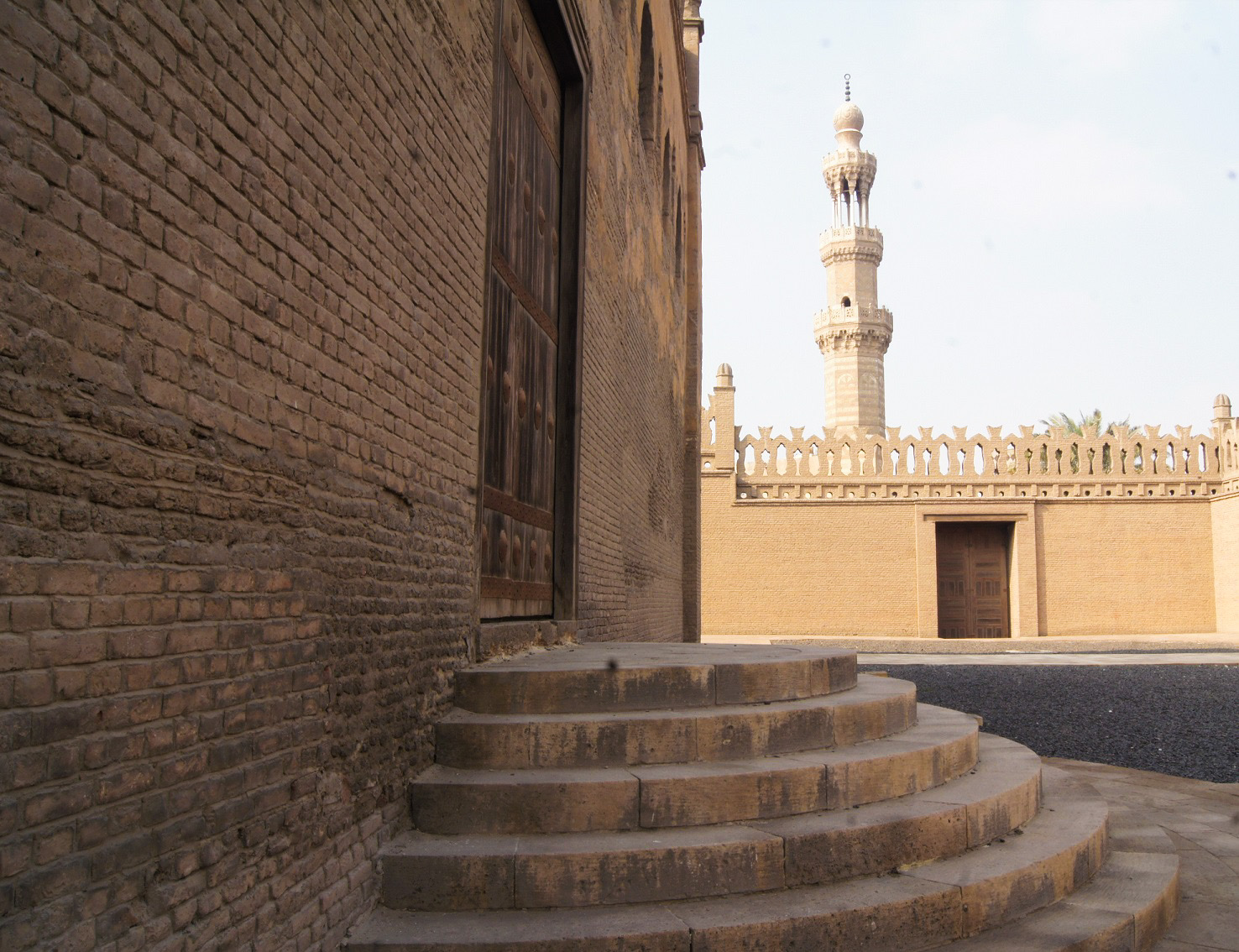
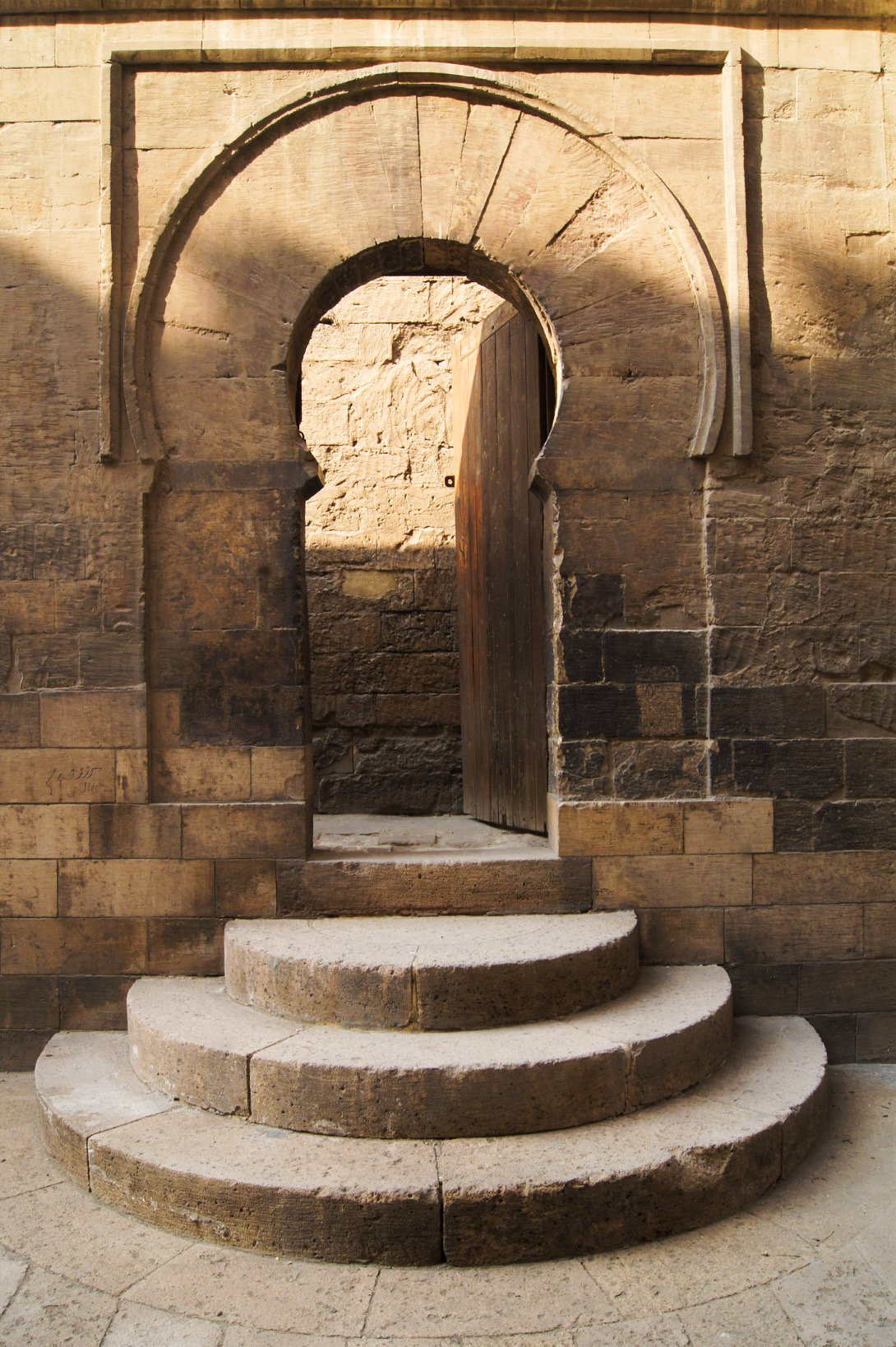
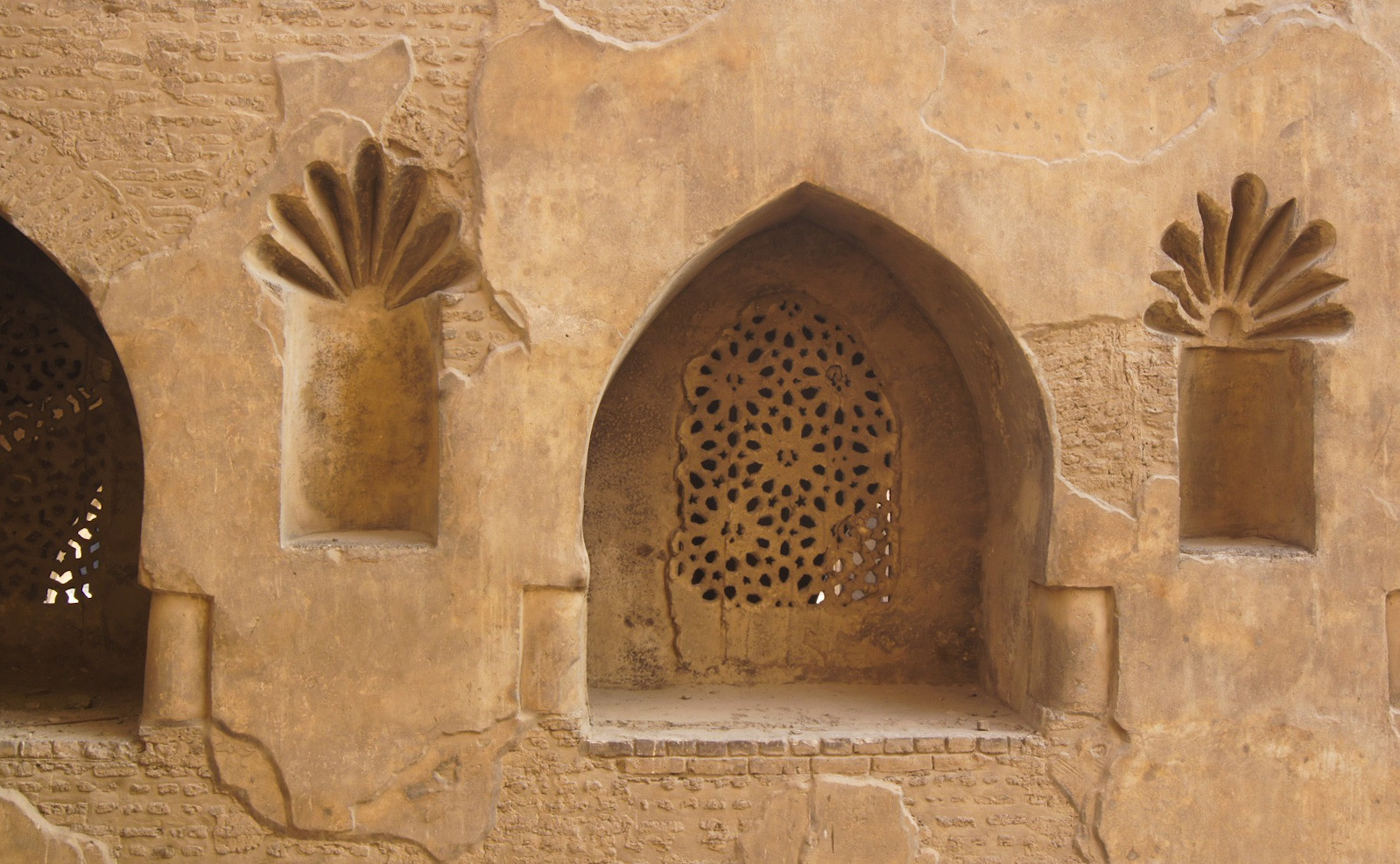
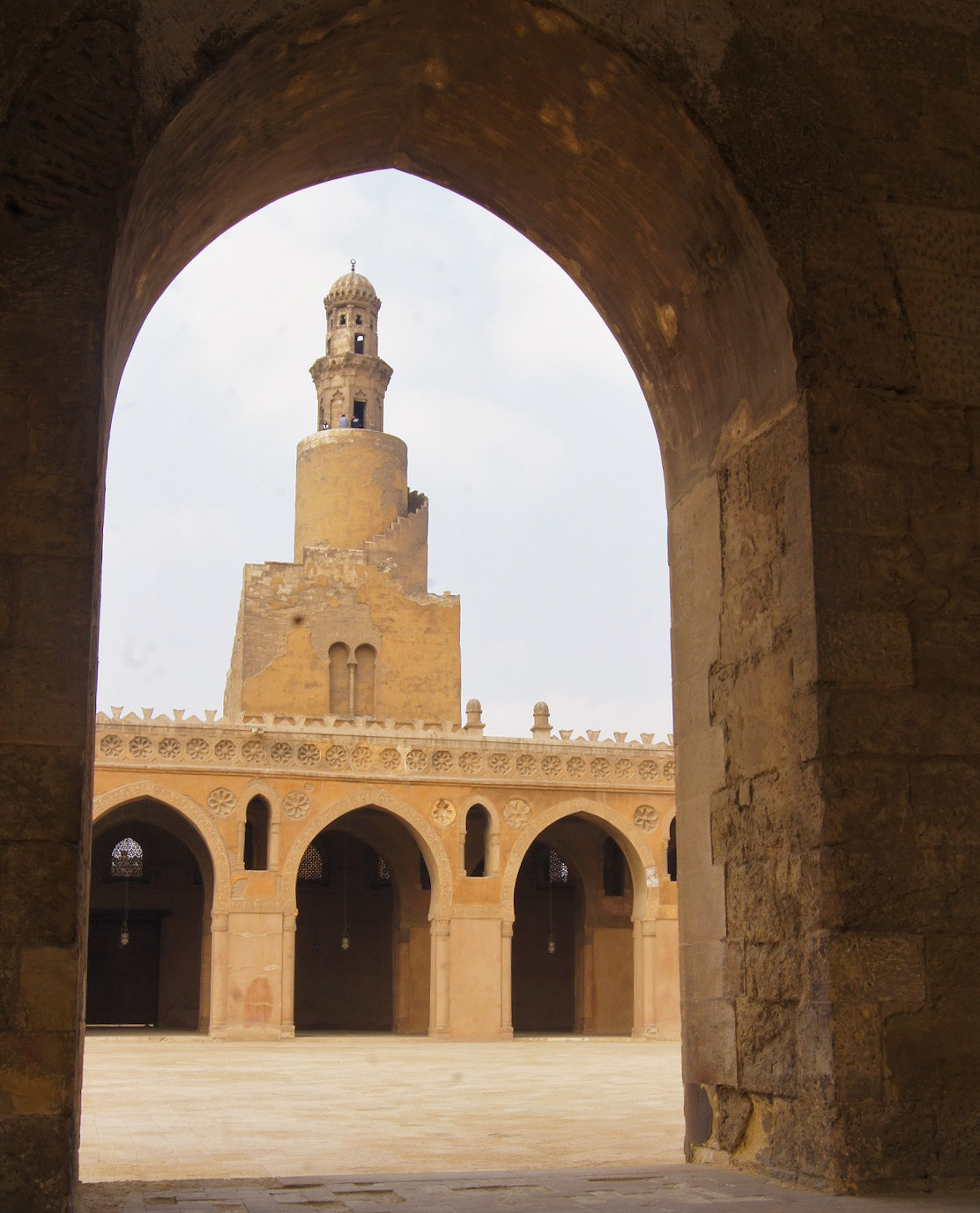
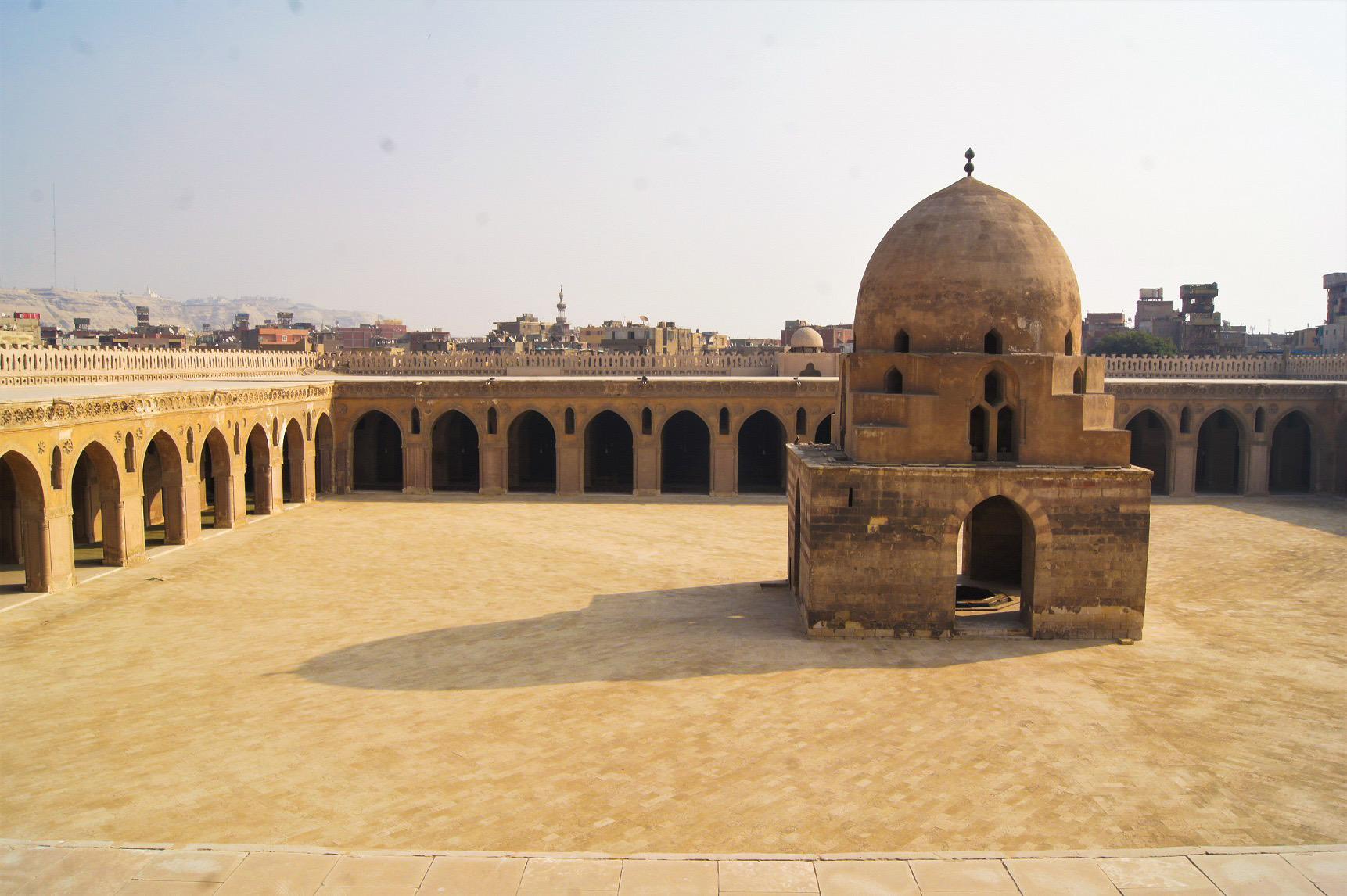






Comments (4)
[…] Source link […]
[…] In Photos: A Stroll Through the Mosque of Ibn Tulun […]